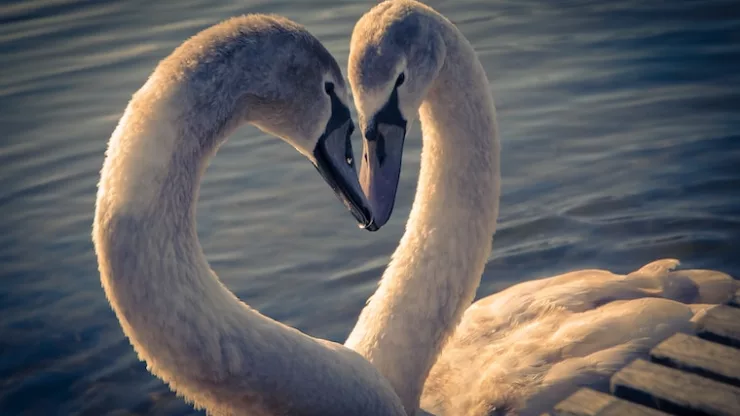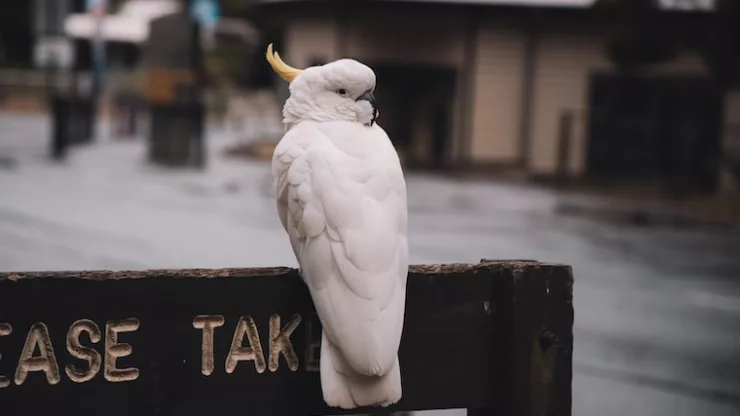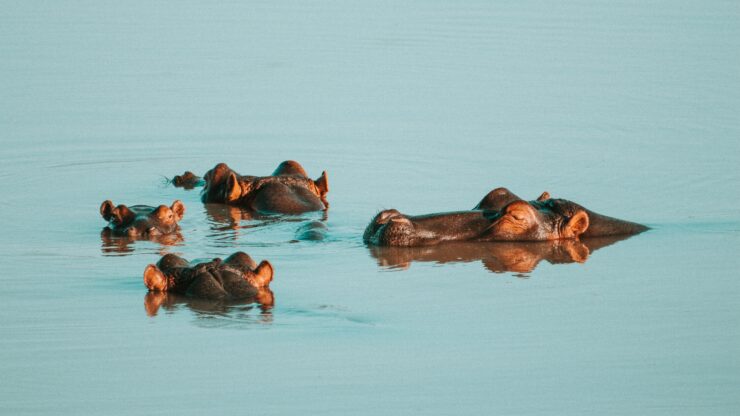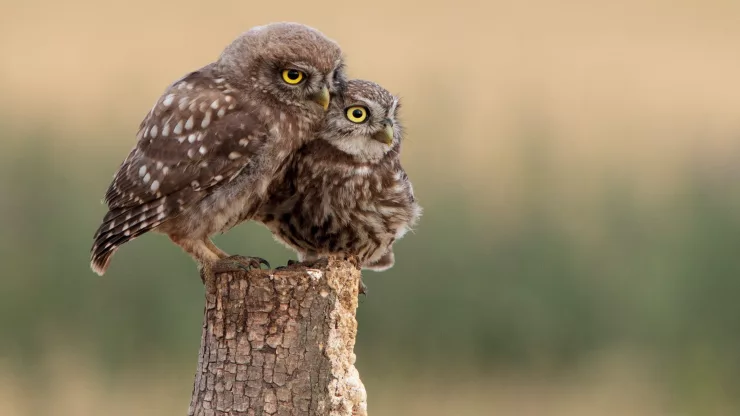Cheetahs are fascinating creatures that have captured the hearts of many with their speed and grace.
Here are some interesting facts about cheetahs that you may not have known before:
- Cheetahs are the fastest land animals on Earth, capable of running up to speeds of 70 miles per hour in short bursts covering 500 yards or less.
- The cheetah’s spotted coat is not only beautiful but also acts as camouflage in the grassy savannahs where they live.
- Unlike other big cats, cheetahs do not roar. Instead, they communicate using a variety of sounds, including chirps, purrs, and growls.
- Cheetahs have a unique hunting style. They stalk their prey and then sprint after it in short bursts, using their speed and agility to catch it.
- Cheetahs have a high reproductive rate, with females giving birth to up to six cubs per litter. However, only a small percentage of cubs survive to adulthood due to predators and other factors.
- Cheetahs are social animals, often living in small groups consisting of a mother and her cubs or a group of males.
- Cheetahs are not aggressive towards humans and have been known to form bonds with their caretakers in captivity.
In conclusion, cheetahs are amazing animals that have many unique and interesting traits.
From their lightning-fast speed to their beautiful spotted coat, they are truly a wonder of nature.
FAQ
What do cheetahs eat?
Cheetahs are carnivores and primarily eat small to medium-sized prey such as gazelles, impalas, and springboks.
How long do cheetahs live?
In the wild, cheetahs typically live up to 10 years. In captivity, they can live up to 17 years.
Are cheetahs endangered?
Yes, cheetahs are considered a vulnerable species due to habitat loss, poaching, and other factors.
How many cheetahs are left in the wild?
It is estimated that there are only 7,100 cheetahs left in the wild.
How can I help protect cheetahs?
You can help protect cheetahs by supporting conservation efforts and organizations that work to protect their habitat and prevent poaching.
Additionally, you can reduce your carbon footprint and support sustainable practices to help preserve the environment for all animals.

I am a fun fact enthusiast and creator of Facts On Tap.
I love to share my knowledge and curiosity with readers and inspire them to learn something new every day.
When I’m not writing, I enjoy traveling, reading, and playing trivia games with my friends.





